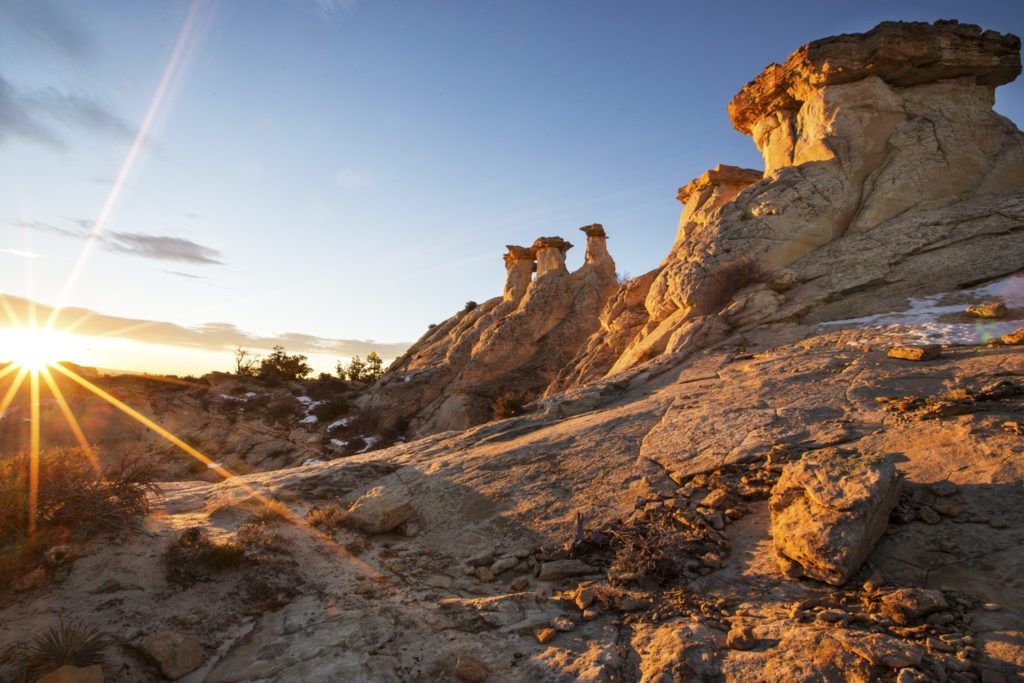The Conservation Alliance harnesses the power of businesses and outdoor communities to protect North America’s cherished wild places and outdoor spaces. Through the collective strength of our membership – companies from banks to breweries and outdoor gear – we champion solutions that balance the best interests of the land and water, wildlife, and people. Since 1989, we’ve helped protect 81 million acres and 3,580 river miles, remove or halt 37 dams, purchase 21 climbing areas, and designate five marine reserves.
In 2023 and 2024, we are investing additional advocacy resources in six priority campaigns. Each campaign is focussed on natural resource conservation, adapting to a changing climate, recognizing the rights of Indigenous communities, and protecting habitat in places that are also valued for human-powered recreation. We announce our Advocacy Priority Campaigns once a year. In collaboration with our grantees, we work to identify land and water conservation opportunities that are urgent, vital, and need national attention.
Bureau of Land Management Public Lands Rule
What’s at stake?
The U.S. Bureau of Land Management (BLM) manages 245 million acres of public lands, more than any other land management agency. These public lands are home to world-class outdoor recreation opportunities, invaluable cultural resources, critical habitat, and are crucial to our nation’s opportunity to combat climate change. Despite their incredible value, the majority of these treasured lands have been left unprotected and open to damaging, extractive activities like oil and gas drilling. Currently, only a small portion – 15% – of BLM lands have permanent protections from development and other detrimental uses.
What’s the solution?
On April 18, 2024, the Bureau of Land Management finalized its Public Lands Rule which places conservation and recreation on an equal playing field with other uses of public lands, including extractive activities like mining and grazing. The rule prioritizes land health and resilience of ecosystems as necessary to achieving the Bureau of Land Management’s long-standing multiple use and sustained yield mission in the face of climate change.
Prior to the release of the final BLM Public Lands Rule, TCA and our members worked to ensure that the rule was as strong as possible, included conservation and recreation uses, and would represent our members’ values. We also worked to support greater coalition efforts to ensure the draft rule survived ongoing threats from a handful of congressional members and corporate actors who worked to undermine it or end the rulemaking process entirely. By leveraging our voices at the federal level and by elevating specific beloved landscapes through sign-on letters, lobbying, and paid ads, we worked with the coalition to ensure that the Biden Administration acted to protect millions of acres of public lands through the release of a strong final rule.
Although the final rule has been released, the future is uncertain and our collective business voice is needed to guarantee that the rule is operationalized and protected from congressional efforts to undermine it so we can address the ongoing increasing pressures on our public lands.
Who is The Conservation Alliance’s partner?
The Conservation Alliance and our members are working with and funding a number of organizations nationwide to update the BLM Rule. Those organizations include Center for American Progress, Pew Charitable Trust, Theodore Rosevelt Conservation Project, The Wilderness Society, and TCA Grantee, Conservation Lands Foundation.


